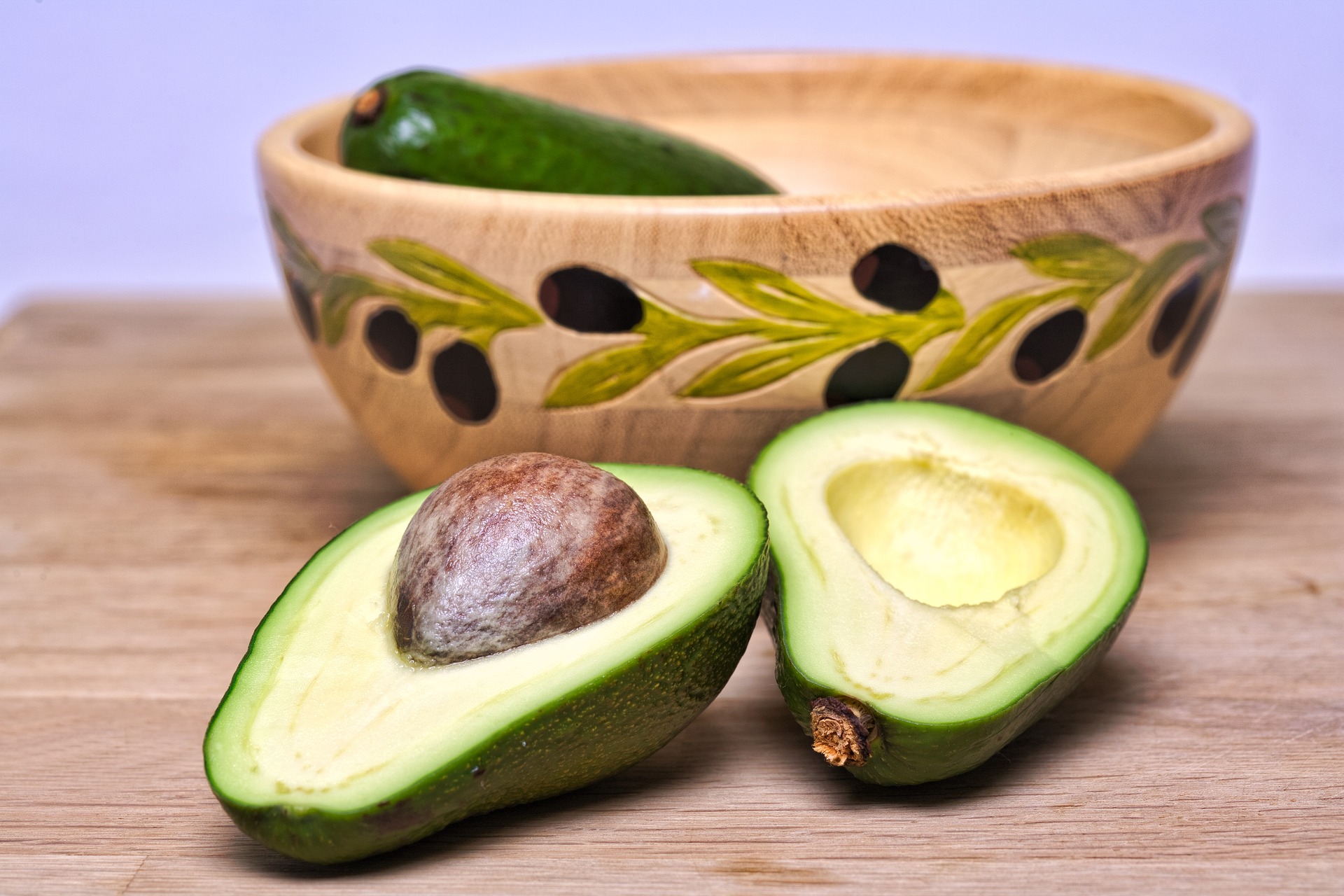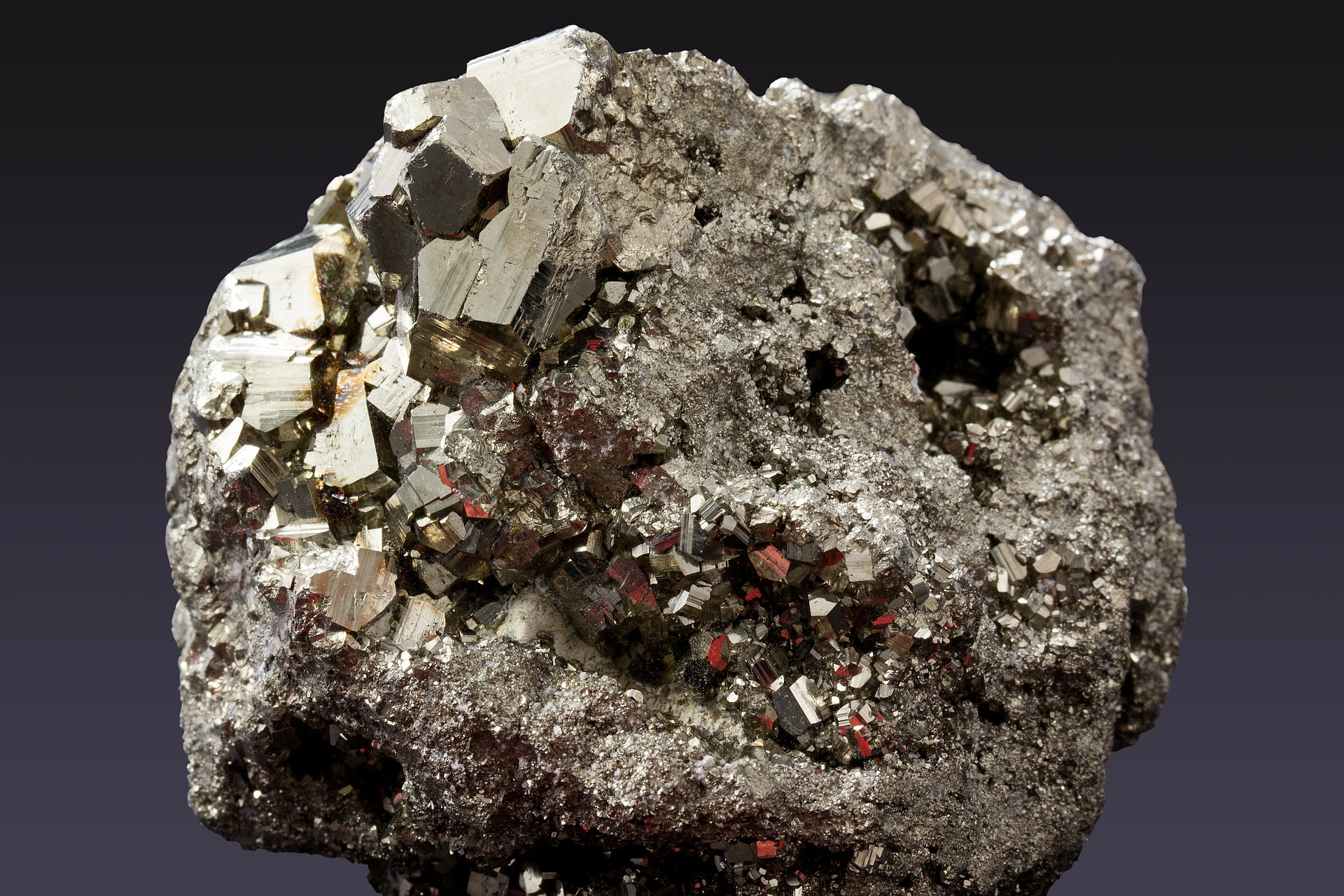Ingredients of our Collagen
Collagen
Collagen is the most commonly found protein in the human body.
It makes up 25% to 35% of all the protein in the body and about 80% of face skin proteins.
The body knows how to produce collagen and needs vitamin C to do so.
The amount of naturally produced collagen in the body decreases with age (about 1.5% each year from 30 years of age)
As a result, skin cells lose volume and wrinkles appear where there was collagen.
Also, hair splits and thins and nails become thin and more breakable.
In this case collagen from an external source can and should be added.
There are many collagen supplements on the market and it is important to know that the collagen can come from different sources – there are collagen supplements based on natural collagen such as: supplements based on fish collagen or fish scales –
which are the most common in the cosmetics industry, as well as supplements based on chicken collagen,
supplements based on collagen from mammals such as cattle and supplements based on plant collagen..
in addition there are also artificial supplements.
As collagen synthesis in the body is better when there is vitamin C, it is preferable to consume a collagen supplement that contains vitamin C.
Studies show that a collagen supplement from fish sources has advantages over a collagen supplement from mammals, because its biological compatibility and the biological metabolism are better for the human body. It is also easier to extract compared to collagen from mammals.

Vitamin C
For some reason it is commonly thought that vitamin C “only” helps the body get over a cold or cope with the flu.
This is actually true – but definitely not everything: vitamin C is one of the most essential vitamins for maintaining health, and participates in no less than 300 processes in the human body.
It improves the immune system and helps its functioning, helps the body produce antibodies and in more efficient absorption of iron, zinc and calcium.
Vitamin C participates in creating collagen, which is needed, among other things, to build connective tissue and to maintain the appearance of natural and healthy skin.
It is important to know!
The vitamin C level in the body is not cumulative, but rather constantly decreases.
To help maintain the body’s health this vitamin must be consumed regularly from food sources such as fruit and vegetables,
or from quality dietary supplements that contain the optimal dosage.

Hyaluronic Acid
Hyaluronic acid is a substance naturally produced by our body and fills important functions.
Hyaluronic acid particularly ensures that skin volume is maintained and moisture stored in the various cells. In fact, it functions as a kind of internal moisturizer that provides intercellular filling, maintains water in the tissue and provides moisture to the skin.
Hyaluronic acid is one of the main components in the structure of our skin and is responsible for maintaining the moisture level and quantity of water it contains, giving our skin a supple firm and well-moisturized appearance.
Nowadays many consider it the nearest thing to the “fountain of youth”.
Why do we need hyaluronic acid?
When we are young our body produces hyaluronic acid according to its needs,
which is the reason our skin is tight, youthful and fresh.
However, our body’s ability to produce and maintain the levels of natural hyaluronic acid decreases as we age, and studies show that after the age of 30 the hyaluronic acid level in the body drops significantly.
The result of this process is lack of moisture, cracks, dryness and fine lines.
How does hyaluronic acid work?
Imagine cracks in the earth, that when they are watered disappear.
and the ground tales on a smoother and more uniform appearance.
This is is exactly how the hyaluronic acid in our skin works.
The hyaluronic acid absorbs many fluids, filling in-between our skin cells and retaining a high moisture level.
How can we receive hyaluronic acid for our body?
The “nutricosmetics” method refers to nutritional elements taken orally and work on creating cosmetic change from within. This new method changes the rules of the game and offers a real and convenient solution for increasing the hyaluronic acid and moisture our skin needs so much.
Nourishing the body with hyaluronic acid from the inside causes its absorption from the digestive system into the blood and eventually reaches the skin through the circulatory system and the lymphatic system and thus even encourages additional internal production of hyaluronic acid in skin tissue.
Studies show that taking hyaluronic acid in a dosage of 120 mg a day, in addition to biotin, vitamin C and zinc, improved the appearance of the skin and increased the moisture level in the skin already after 40 days.
After 6 weeks the initial effect on firming and fine lines could already be seen.

Vitamin E
Vitamin E functions like an enzyme line of defense of cell membranes and is a strong antioxidant that protects cell membranes.
It serves as a common preservation substance in food and cosmetics products.
The natural form of vitamin E is significantly more active and is better absorbed into the tissue.
Vitamin E belongs to the fat-soluble group of vitamins. It main function in the body is as an antioxidant, protecting the body from the activity of free radicals, however beyond this it also plays a role in the process of producing red blood cells and helps the body use vitamin K.
Vitamin E deficiency that stems from lack of supply or from decreased absorption ability due to fat malabsorption, may cause muscle weakness, loss of muscle mass and vision problems. Continued deficiency may cause kidney and liver function problems.
Besides this list, it is important to note that some morning cereals are vitamin E-enriched
and they are indeed a good source.
Based on medical experiments it was determined that doses used for prevention and treatment for adults will be 400 to 800 IU per day.

MSM
MSM is a form of dietary sulfur found naturally in food from animals or from fruits and vegetables.
Organic sulfur is often considered the beauty mineral.
MSM maintains the permeability of the cell walls and thus eases the flow of nutrients into the cells and the removal of toxins. Supplementing MSM supports maintaining the flexibility of cells, skin and blood vessels –the symbol of youth.
MSM is needed in order to produce one of the main antioxidants in the body (Glutathione) that is the most important part of our detoxification system and helps repair damaged cartilage tissue.
It is found in fruit, vegetables, meat and dairy products, but we usually do not consume a sufficient quantity,
because the earth is usually poor in MSM, and as a result non-organic fruit and vegetables are also MSM-deficient.
MSM is easily absorbed into our body, but as we age its concentration in our body decreases, yet it can be supplemented and it is preferable to do so.

Q10
Coenzyme Q10 (CoQ10) is a substance found in almost every cell in the human body.
Together with other compounds it is vital for producing energy in all cells.
Moreover, it is known to play an essential role as a strong antioxidant and in the protection from cell damage.
Coenzymes are molecules that cause enzymes to function and actually “catalyze” the enzymes. The coenzyme is necessary for enzyme functioning, and therefore expedites the relevant chemical reaction.
CoQ10 is produced in every cell in the body and is critically important for producing cellular energy.
Furthermore, it is a highly powerful antioxidant in that it protects cellular membranes and DNA –
from oxidative damage.
Several factors cause a decreased coenzyme Q10 level –
ageing, disease, genetic factors and different medications.
Various dietary deficiencies also hinder the production of coenzyme Q10 in the body.
The drop in the production of Q10 begins at the age of 20 and, as noted, Q10 is not found in many foods,
and in those in which it is found, it is in small quantities.

Biotin
Biotin is an organic compound that is part of the vitamin B group.
It functions as a coenzyme and is found mainly in liver, dairy products, yeast and egg yolk.
A low level of Biotin may cause characteristic skin problems such as dryness, cracking in the corners of the mouth, brittle nails, change in hair color and hair loss.
Biotin supplementation to women with a tendency of split nails for a period of 6 months and a daily dosage of 2.5 mg was the basis of three published studies. In two of these experiments subjective evidence of clinical improvement was found in 67%-91% of the participants who could be monitored after the treatment period.
In the third experiment a scanning electronic microscope was used to examine nail thickness and degree of splitting. The study found that after Biotin treatment nail thickness increased by 25%, and splitting decreased.
Biotin is included in many cosmetic products and supplements for treating hair and skin problems.


